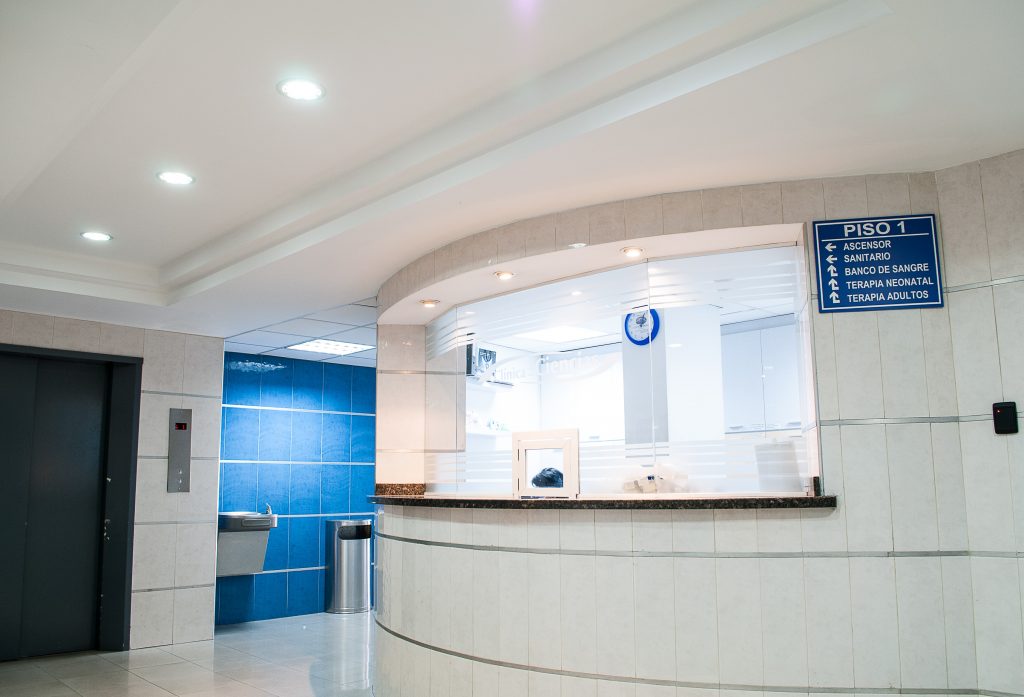For many security
guards, access management would be considered a vital part of their
job roles and one of the most important duties they can perform.
Whether control is carried out by electronic entry or by human means
the idea remains the same – to stem the access of individuals into
restricted or private areas. Although the idea sounds simple it isn’t
as easy as it seems. Let’s take a closer look at why.
In an ideal world entry
control is a verbal and visual interaction between the security
guard/receptionist and the visitor. The person in question might walk
up to the entrance desk which ideally should be positioned at the
earliest point through the doorway and should also be within easy
sight of the restricted areas. Here questions and answers may be
traded, identification might be checked, appointments of guest lists
might be consulted, and if it all checks out, then finally, access is
gained.
In the real world
however, everyday distractions associated with work might mean that
checks aren’t always as thorough as they should be. For instance the
phone could be ringing on the reception desk or you’re trying to deal
with another person or group of people. Any person looking to gain
entry to restricted areas unlawfully is likely to pick such a moment
to make their move. Therefore access management should really begin
as soon as possible before that individual walk through the door.
This way it gives the security guard more time to make a founded and
reasonable judgement before they’re approached.
So what should
security guards be looking for?
In essence security
guards are trained to look for two visible factors or cues especially
at longer distances. These are general appearance and body language.
For instance, is the person carrying large bags or objects? Are they
wearing clothing that don’t fit in with the normal attire that
genuine personnel might be wearing? (Say a laboratory coat if it’s a
scientific installation). What about their general demeanour? Do they
appear nervous, hesitant, or generally appear to be acting
suspiciously? All of these things can help to raise or lower
suspicions long before they approach.
Shorter distances
Once the person comes
within a few feet of the guard/receptionist it gives another
opportunity to make another assessment. This time smaller details
such as does the person appear bothered or agitated? Are they
avoiding eye contact or do they appear overly focused? Each of these
assessments can all help to confirm the situation. Finally as they
approach, it’s always best to engage the person with a simple ‘Good
morning or ‘Good afternoon or ‘How can I help? Then depending upon
the replies the guard can either follow up with more detailed
questions or let them pass.
In these days of
unprecedented terrorist activity, access control is of vital
importance and this is where ongoing and in depth security guard
training comes in.
Here at MA Services Group our security personnel
are continually trained to be the best that they can be, For further
information on the type of training our guards receive, or to talk to
us about a potential assignment you might have, then visit our
website at www.masecurityguards.com.au
or contact us on 1300 020 406. Our experienced and
friendly team are standing by to take your call.



